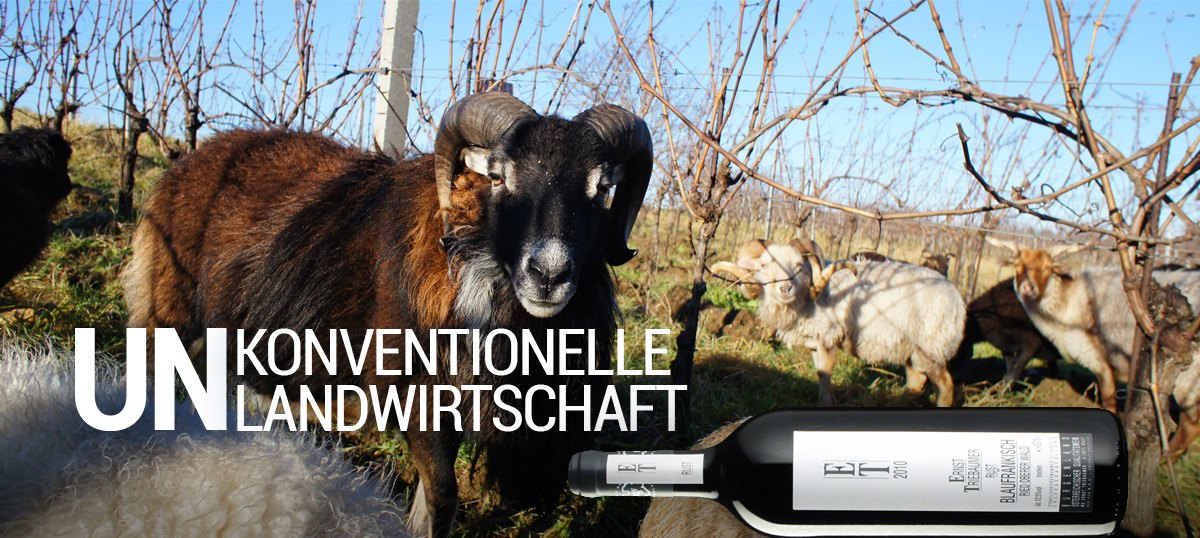The Earth is so special. Its origins are a mystery. We can’t replicate it. We have not yet found a second habitable planet. If we had found one, we wouldn’t have been able to get there. If we were able to get there, we’d soon create the same old problems on the new planet. It’s not a realistic option.
Incentives through tax breaks, subsidies and the ‘Law of Mass Production’ are driving companies ever faster towards rationalisation, mechanisation and digitalisation. Thus, life is increasingly banished from the production line. Life is becoming a necessary evil. Never forget that we are living creatures, bound up intrinsically with all other living creatures, and these changes affect us all.
Right now, the development of artificial intelligence is the biggest thing on humanity’s agenda. When, before too long, machines are able to think and reproduce, shall we then be able to consider that they are alive? It’s already beginning to happen, plain for all to see.
The next step in this process, foreseeably, could be that mechanised ‘life’ will spread out into the galaxies, because machines would make far fewer demands on extra-terrestrial habitats, and time does not matter to machines. We humans would then ultimately no longer be the ‘crown of creation’, but rather, simply and poignantly, agents of the machines.
We must change the way our economy works. Our goal in life cannot simply be to crunch numbers dreamed up on computers, ever upwards. Life is not a nuisance. Life must be the very point of all our efforts. We often fail to see the difference between what is indispensable and what we want. Let’s not forget, what we need is: clean water, clean air, living food, healthy soils, diversity, health, time to enjoy life, fair prices, renewable resources, room for nature too, beauty, and social togetherness, because we are cooperative beings and that’s how we’ve made it to this point in our existence. Let’s make life and cooperation our new goal for the future of humanity – after all, for now at least we are the creators, we have a choice. Let’s recognise the madness of economic growth for what it is: a brief diversion from the long, historic path of organic life.
Incentives through tax breaks, subsidies and the ‘Law of Mass Production’ are driving companies ever faster towards rationalisation, mechanisation and digitalisation. Thus, life is increasingly banished from the production line. Life is becoming a necessary evil. Never forget that we are living creatures, bound up intrinsically with all other living creatures, and these changes affect us all.
Right now, the development of artificial intelligence is the biggest thing on humanity’s agenda. When, before too long, machines are able to think and reproduce, shall we then be able to consider that they are alive? It’s already beginning to happen, plain for all to see.
The next step in this process, foreseeably, could be that mechanised ‘life’ will spread out into the galaxies, because machines would make far fewer demands on extra-terrestrial habitats, and time does not matter to machines. We humans would then ultimately no longer be the ‘crown of creation’, but rather, simply and poignantly, agents of the machines.
We must change the way our economy works. Our goal in life cannot simply be to crunch numbers dreamed up on computers, ever upwards. Life is not a nuisance. Life must be the very point of all our efforts. We often fail to see the difference between what is indispensable and what we want. Let’s not forget, what we need is: clean water, clean air, living food, healthy soils, diversity, health, time to enjoy life, fair prices, renewable resources, room for nature too, beauty, and social togetherness, because we are cooperative beings and that’s how we’ve made it to this point in our existence. Let’s make life and cooperation our new goal for the future of humanity – after all, for now at least we are the creators, we have a choice. Let’s recognise the madness of economic growth for what it is: a brief diversion from the long, historic path of organic life.




